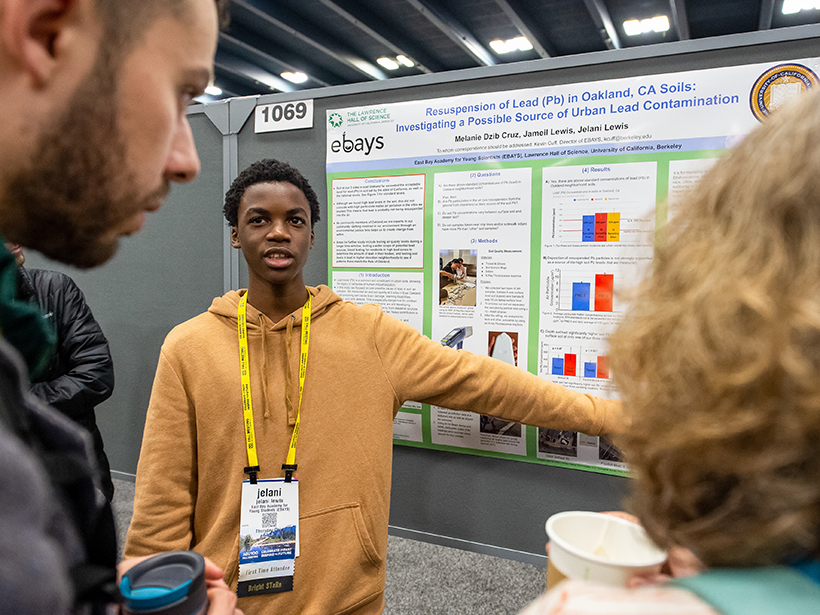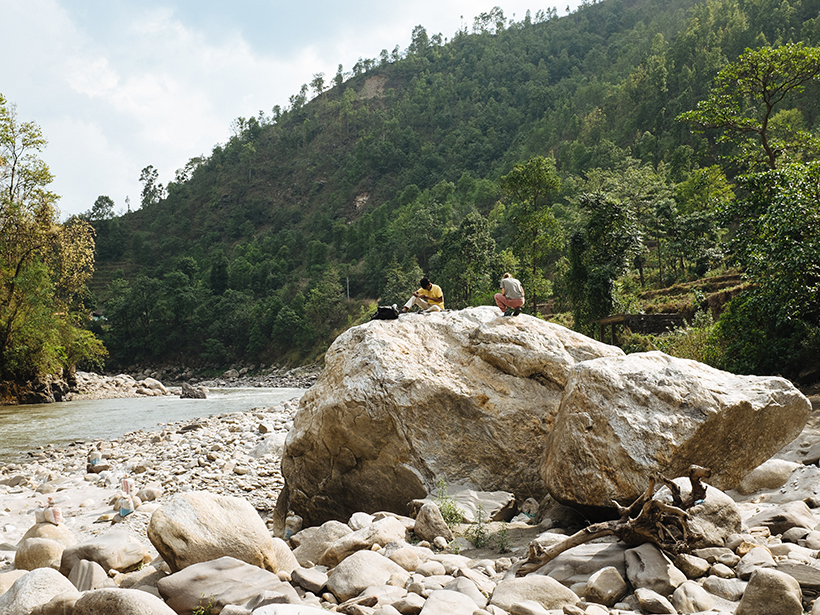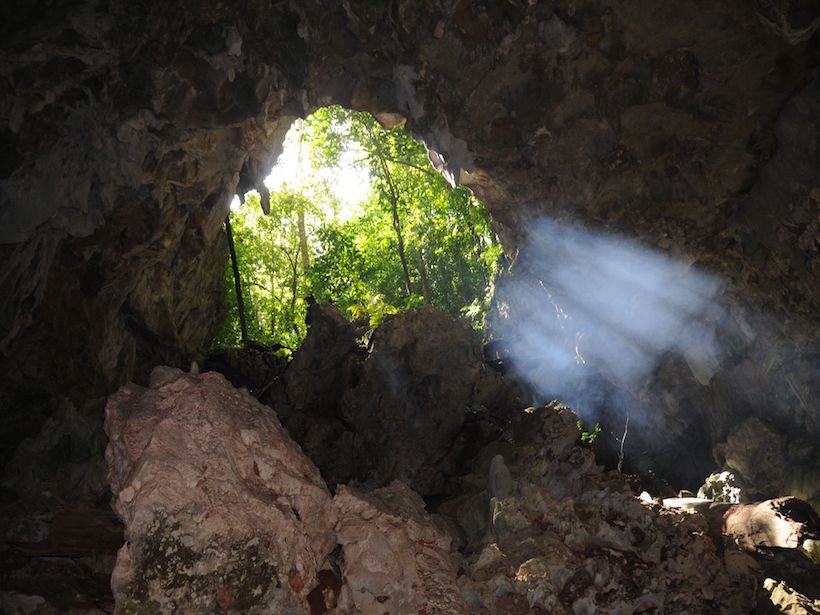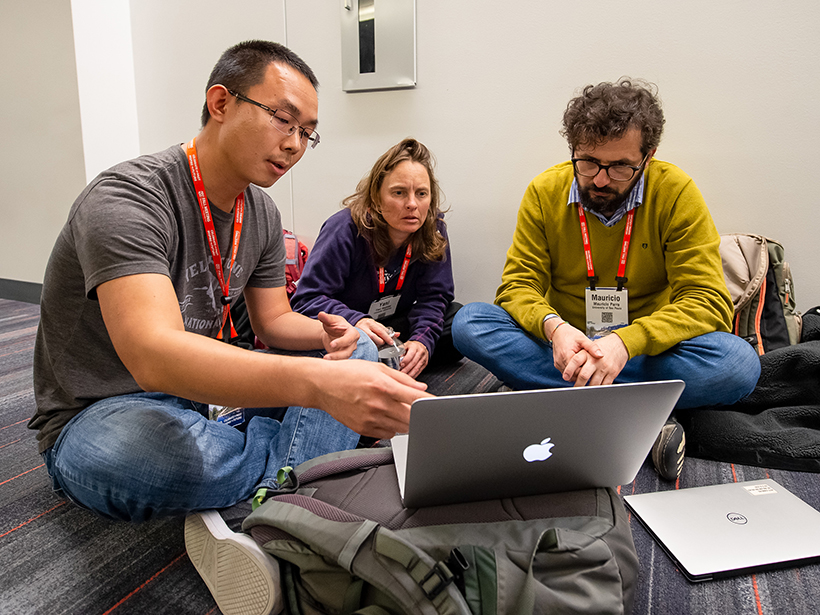Las muestras de agua de 25 ríos en el centro de Cuba están dominadas por signos de erosión de las rocas en lugar de la escorrentía de fertilizantes, según muestran investigadores que trabajan en instituciones cubanas y estadounidenses.
Katherine Kornei
Katherine Kornei is a freelance science journalist covering Earth and space science. Her bylines frequently appear in Eos, Science, and The New York Times. Katherine holds a Ph.D. in astronomy from the University of California, Los Angeles.
Students Learn New Skills with Scientist-in-Training Programs
AGU’s Bright STaRS offers a model for programs to give middle and high school students a taste of what a career in science can offer.
Powerful Glacial Floods Heave Himalayan Boulders
Many of the house-sized boulders that litter Himalayan river channels were transported thousands of years ago by glacial lake outburst floods, new observations suggest.
Birds Sang a New Song During the Pandemic
White-crowned sparrows in the San Francisco Bay Area sang differently during California’s COVID-19-induced shutdown, recordings have revealed.
Sediment Layers Pinpoint Periods of Climatic Change
Researchers studying sediment cores from the Gulf of Alaska have pinpointed when the Cordilleran Ice Sheet, now extinct, disgorged icebergs into the Pacific Ocean.
Bat Guano Traces Changes in Agriculture and Hurricane Activity
Researchers hiked and rappeled into two caves in Jamaica to collect over 40 kilograms of excrement.
Opportunities and Challenges of Virtual Meetings
Ever since the COVID-19 pandemic imposed on us a virtual existence, conference attendees and organizers have been living out an experiment that will change how scientists gather in the future.
Earthquakes Reveal How Quickly the Ocean Is Warming
By timing sound waves set in motion by earthquakes, scientists have estimated that the Indian Ocean is warming by roughly 0.044 K per decade.
Tropical Cyclones Suppress Rainfall in Their Wakes
Passing storms dredge up colder ocean water, curbing evaporation and decreasing cloud coverage and rainfall for weeks, satellite data reveal.
Decrease in Lightning Recorded over the Lower 48
Researchers mining data from the National Lightning Detection Network found a 32% decrease in lightning counts in May and June 2020 compared with previous years.










